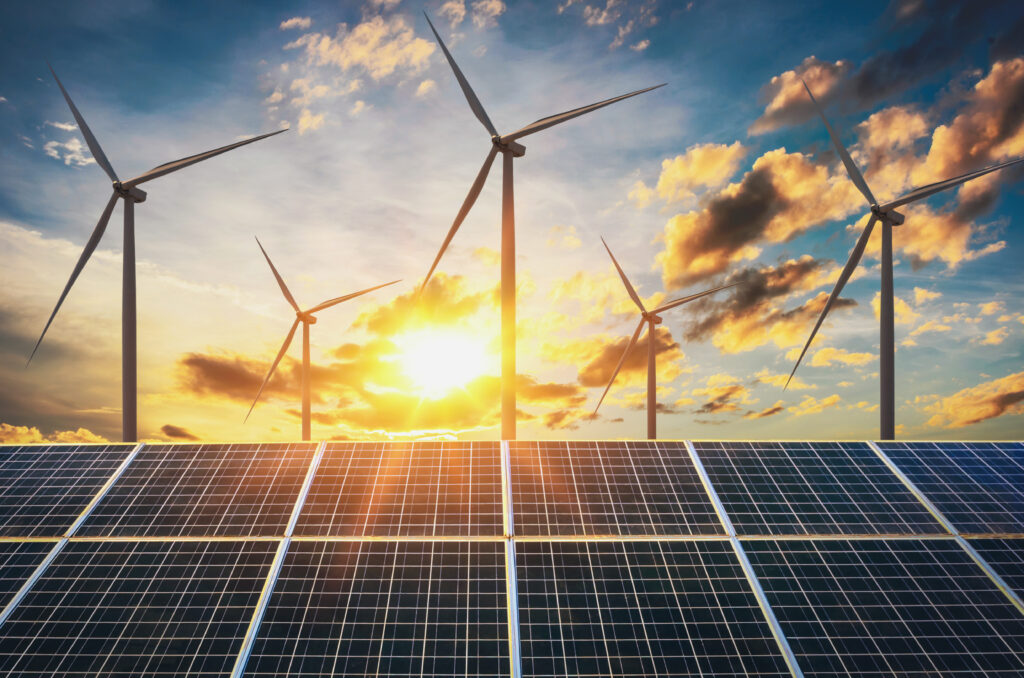Infrastructure
MN joins ‘matching-funds game’ for clean-energy projects

Minnesota has taken a big step in unlocking more funds from Congress to secure clean energy projects.
The state was under pressure to come up with its share of matching dollars tied to a pair of major federal policies.
This week, Gov. Tim Walz signed a bill creating the State Competitiveness Fund. It sets aside $115 million to help state, local, and tribal governments and other entities pursue federal grants for clean-energy infrastructure. Those grants are offered under the Bipartisan Infrastructure Law and the Inflation Reduction Act.
Anjali Bains, lead director of energy access and equity for the group Fresh Energy, said it means Minnesota can keep pace with other states.
“It’s really critical,” Bains stressed. “Not only if you’re going to meet the climate and clean energy needs of our time, but also if we as a state want to stay ahead of making sure that we have the best and brightest talent, and the best and brightest technologies to actually get us there.”
The matching funds fall under Department of Commerce clean energy programs, such as power grid resilience and home weatherization. The Democratic-led effort to pass the bill fell mostly along party lines, with some GOP support. Other legislation still being considered would provide matching funds in areas like transportation.
Courtney Johnson, mayor of Carver, said at a recent news conference leading up to the bill’s adoption, her small city is just beginning its journey through the clean energy maze. She pointed out the matching funds will help them overcome hurdles which were otherwise too big.
“Carver is a small but growing community and at this time, there’s very little room in our budgets for renewable energy,” Johnson noted. “We also have a really small staff.”
The State Competitiveness Fund includes resources for technical assistance and grant-writing help. There’s also money for required reports and audits through 2035, with bill sponsors noting there is a rigorous vetting process in working with the federal government on this effort.
